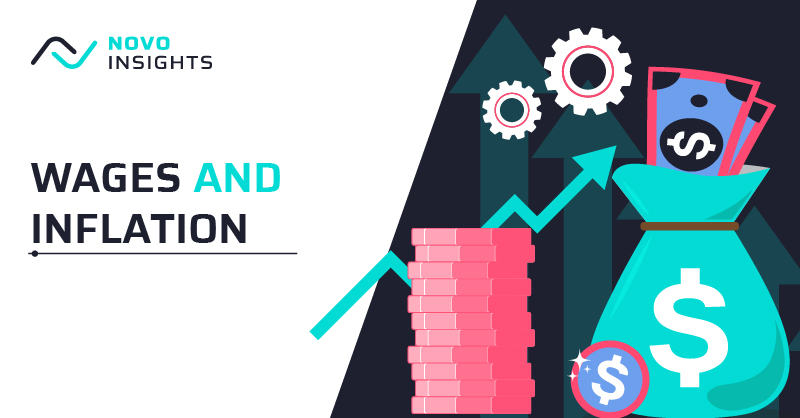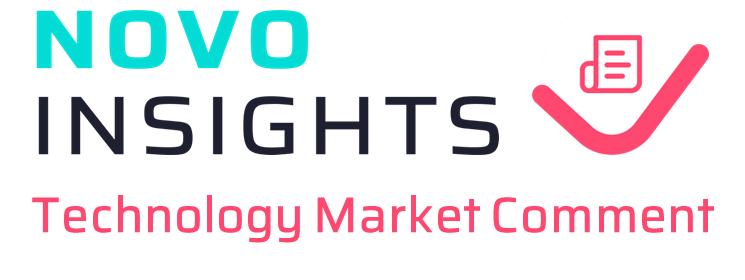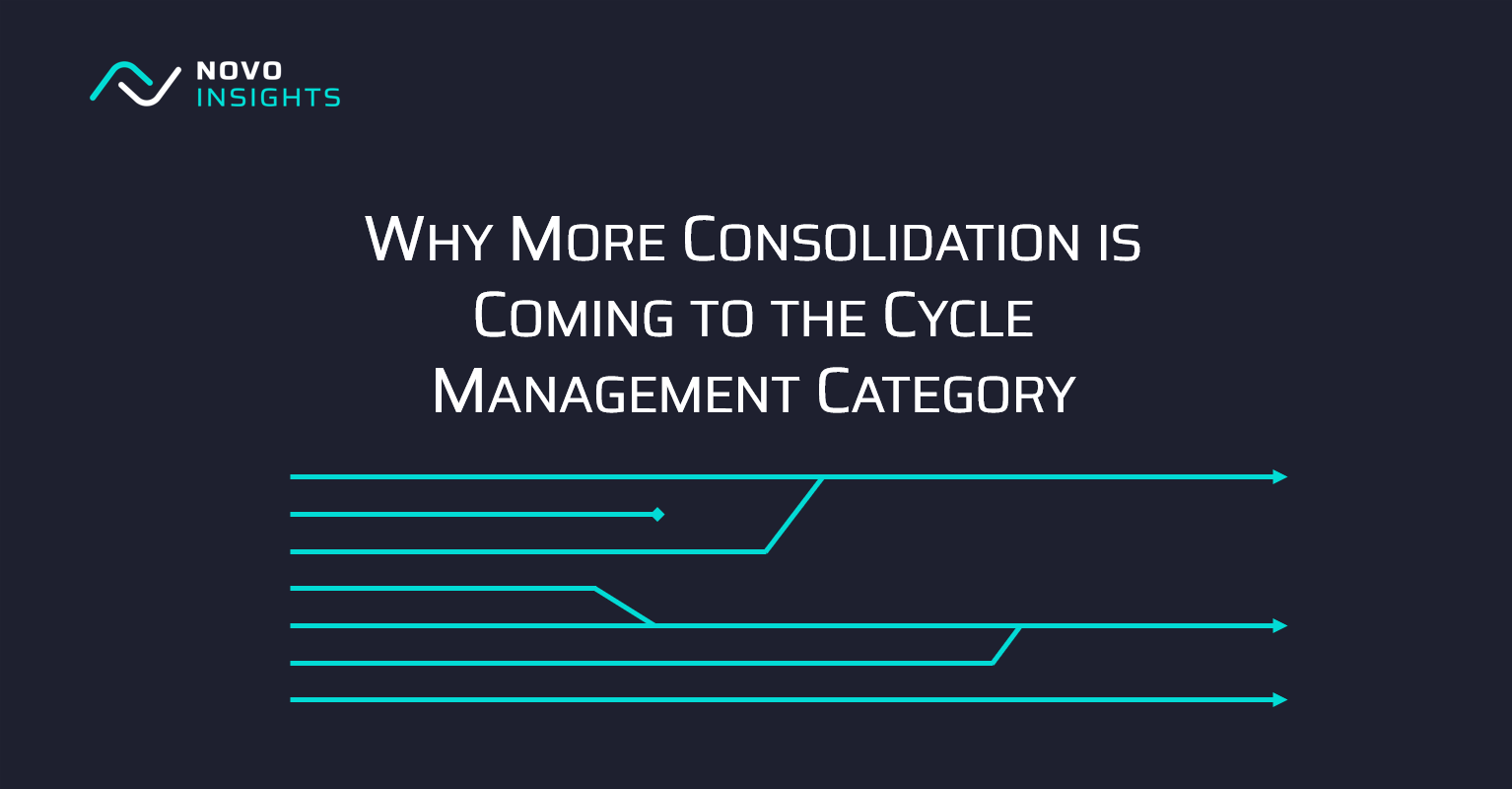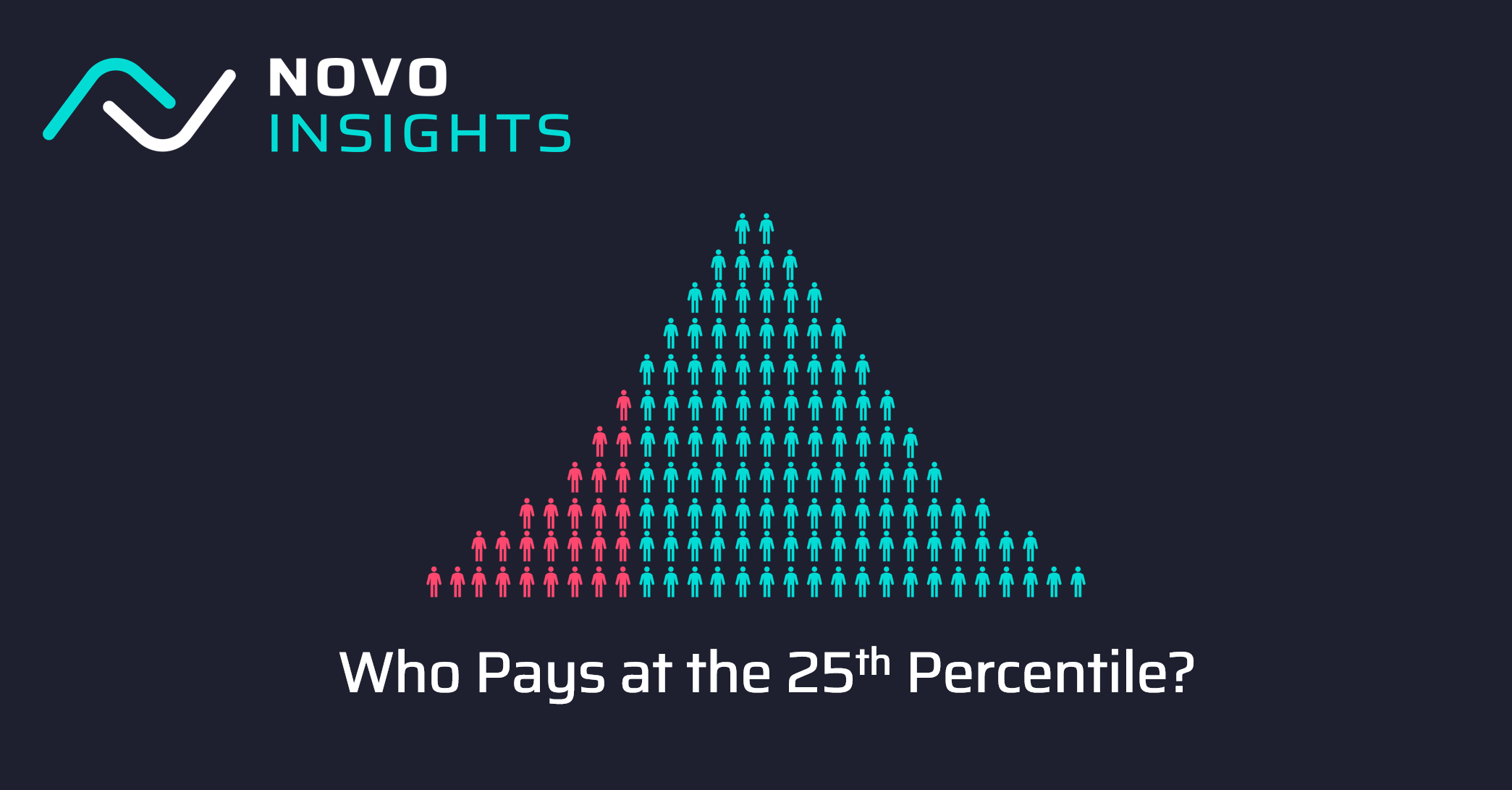Employees are asking "given that costs are increasing, how will you change my pay to keep up?" This would suggest that inflation drives wages.
Your favorite restaurant might tell you "I can't find workers and have had to raise wages to find people, so I need to pass that cost on to you." This would suggest that wages drive inflation.
So which is it?
Most literature and academic work seems to show that the primary effect is that wages drive inflation, but that there is a strong reinforcement relationship known as the wage-price spiral. That mutual link explains in part why it's hard to know which is which - because both can be true.
Some thoughts about how People leaders should think about this:
-
Wages ultimately reflect a market transaction - what rate of pay will a worker accept to take on work (or be happy with and stay in place). Wages are not created by inflation or costs of living, but inflation and costs of living influence that market transaction.
-
Inflation is not one-size-fits all. This New York Times inflation calculator illustrates the point that the impact of inflation is based on how someone consumes. Given that much of inflation in 2021-2022 is driven by cars, oil, food service (people and ingredient costs), and rent, someone driving an older Chevy Volt and largely eating at a home they fully own is affected much less than a renter who just purchased a new pickup truck and eats out daily.
-
Employees will always equate cost of living and what they make, and it's tough to explain why we don't immediately give higher salaries when costs go up. The "would you want me to decrease pay when costs go down" argument doesn't work well since costs rarely go down.




